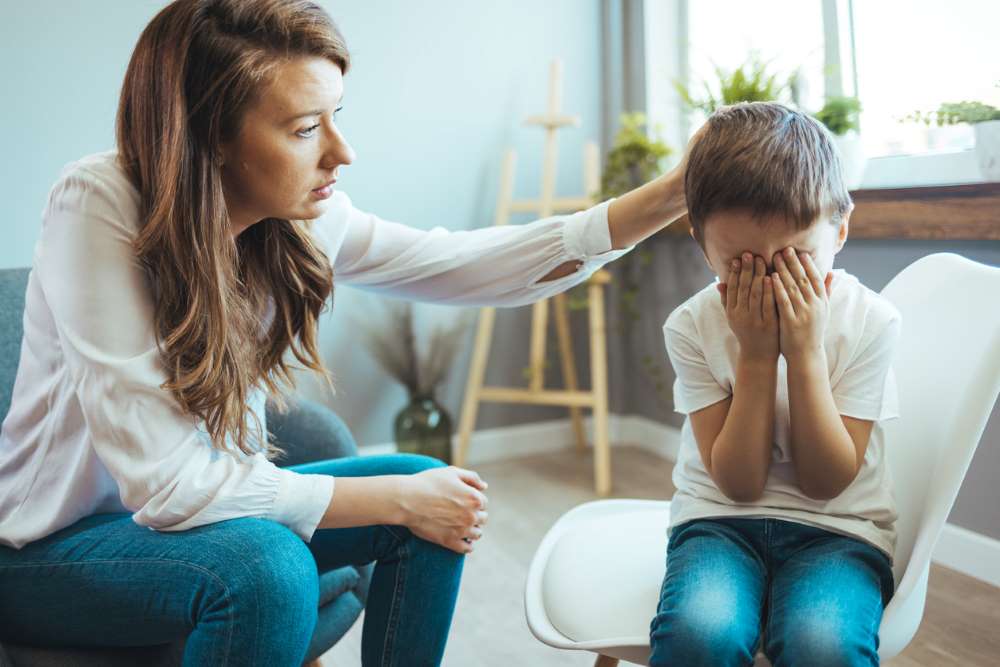
The physical and emotional damages that affect adults in car accidents can be multiplied for children. At Kids in the House, we know the value of a child’s health and well-being to families and the community, and we dedicate our practice to helping injured families. This blog will explain the injuries and dangers to look out for after your child is involved in a car crash.
Physical Injuries
Although vehicle safety continues to improve, 91,000 passengers under 12 were injured in car accidents in 2019. Because of their size and physical development, the injury outcomes in children can be worse than similar injuries sustained by adults.
The most common injuries children sustained in crashes were head injuries, including contusions, lacerations, concussions, or unconsciousness. These injuries can lead to long-lasting symptoms that often appear as neurological problems later in life. Head injuries affecting the frontal lobe can impede a child’s development in social interactions, interpersonal skills, reading, and writing. Adults may overlook a child’s chest injury (thoracic trauma), rib fracture, or spinal injury, but symptoms of these injuries can worsen in the days or weeks after the crash.
Emotional Toll
According to Bensinger Legal, for anyone in an unexpected crash, the sights, sounds, and sudden movement can be frightening. When a child experiences a crash, they may not understand what is happening and be susceptible to psychological injuries. In one study, 50% of children who experienced a crash showed symptoms of post-traumatic stress disorder (PTSD), especially avoidance. Other common psychological disorders include travel anxiety, depression, and general anxiety.
Examples of PTSD symptoms a child might experience after an accident include:
- Reliving the crash over and over in thought or play;
- Sleep issues and nightmares;
- When something triggers recollections of an event, they become upset or angry;
- Lack of positive feelings or interest in doing things they used to enjoy;
- Persisting fear or despair;
- Angry outbursts and irritability;
- Constantly aware of potential hazards and easily startled;
- Helpless, despairing, or withdrawn behavior;
- Denying or feeling numb about the crash or resulting medical trauma; and
- Avoiding locations or individuals connected to the event.
Because children can’t always express their feelings, you need to be aware of the signs of a child developing PTSD and get help right away. Because their cortisol levels are high, the stress of the accident can cause a child to act out in anger or have trouble paying attention and staying organized. A parent or other close adult can assist the child in managing their feelings or seeking professional help when needed.
What You Can Do to Help
While parent education on proper vehicle restraint has increased in recent years, 27% of children under four were unbuckled in a crash. Compared to seat belt use alone, a car seat reduces the risk for injury in a crash by 71 to 82% for children. These statistics show how important it is for parents and adults to ensure a child is properly restrained while riding in a vehicle.
Car accidents are stressful for everyone involved. It’s crucial for adults to check in with a child after an accident to discover injuries that aren’t readily apparent. A legal professional can help you understand your role and support you so you can help your child in the best way you know-how.



























